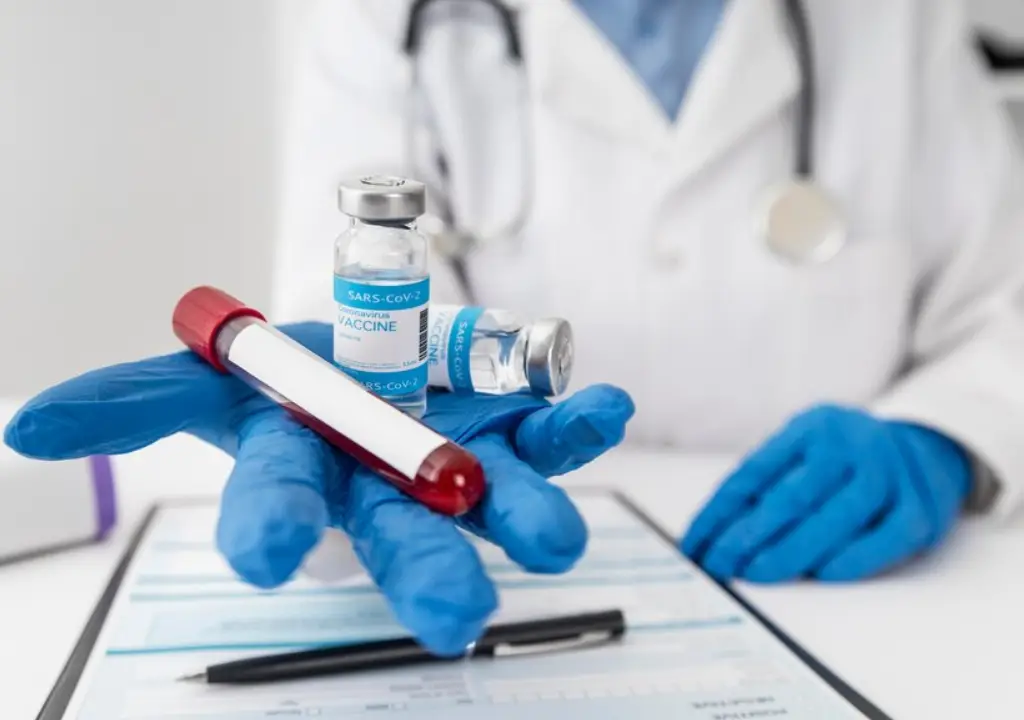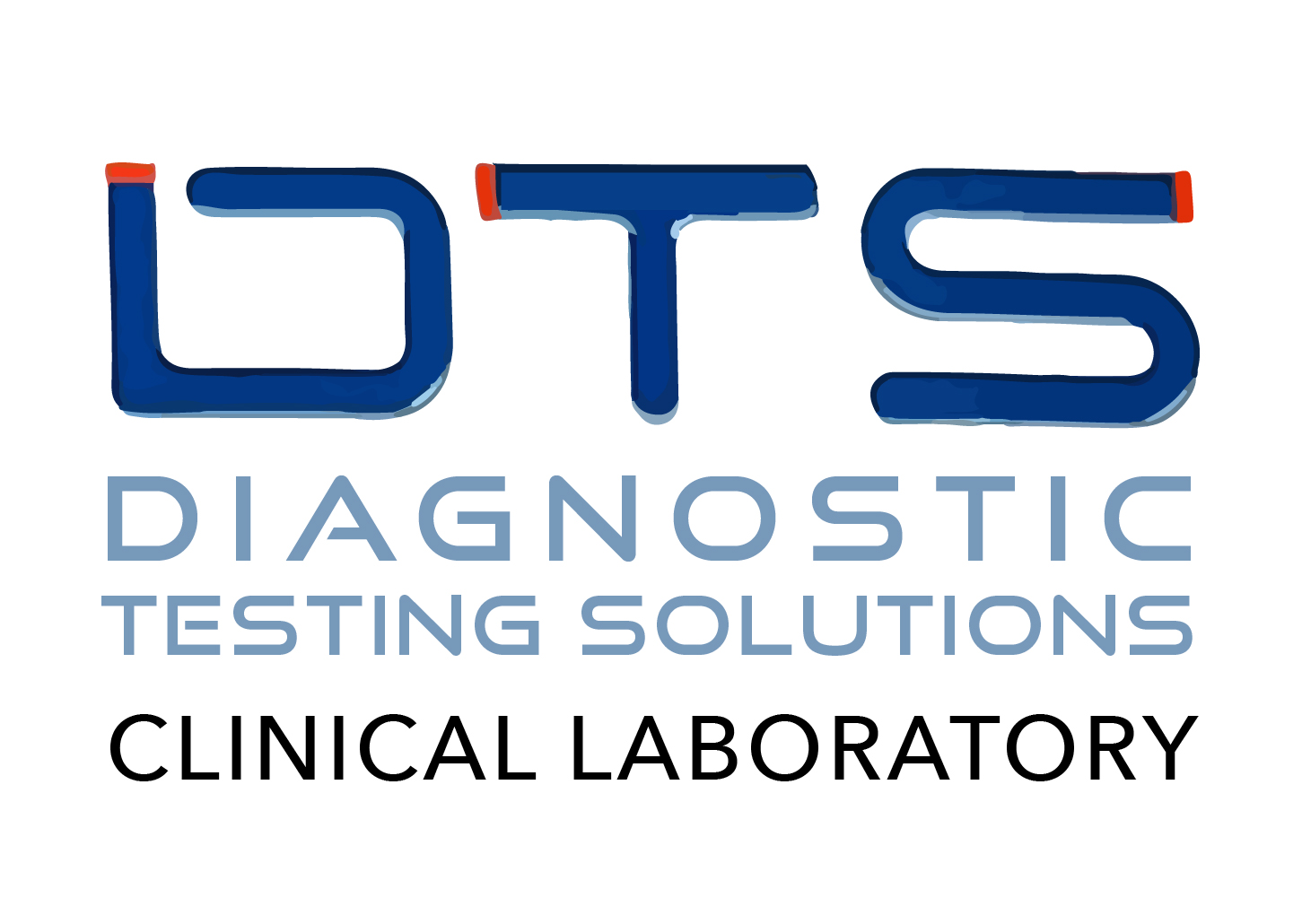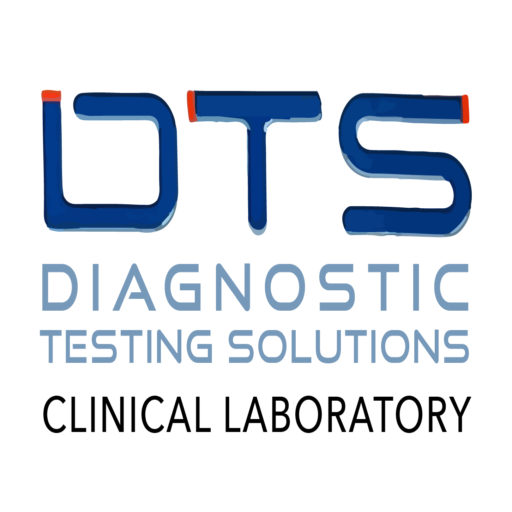
What Are General Health Panel Blood Tests?
General health panel tests are comprehensive screenings that assess various aspects of your health, providing a snapshot of your overall well-being. These screenings typically include a range of diagnostic assessments, such as a general health panel blood test, cholesterol measurements, and screenings for common conditions like diabetes and high blood pressure. Unlike diagnostic tests, which are used when symptoms are present, general health panels are preventative screenings to identify potential health risks before they develop into more serious problems.
Common Tests Included in Wellness Panels
Wellness panels often include tests that check blood pressure, cholesterol levels, blood sugar, and liver and kidney function. These tests help evaluate your risk for chronic diseases such as heart disease, diabetes, and hypertension, providing essential data to guide your healthcare decisions.
Diagnostic Tests vs. Preventative Screenings
While diagnostic tests identify the cause of specific symptoms, preventative screenings are designed to catch health issues early. This distinction is important because it highlights the proactive nature of general health panel tests, which aim to maintain good health rather than respond to illness.
Key Benefits of Regular Health Panel Blood Tests
Regular health panel tests offer numerous benefits that contribute to maintaining overall health and well-being.
One of the most significant benefits of routine health screenings is the early detection of diseases. Catching conditions like diabetes, high blood pressure, and cancer in their early stages can lead to more effective treatment and better outcomes.
For individuals with chronic conditions, regular health panels help monitor disease progression and assess the effectiveness of treatments. These screenings provide valuable information that helps healthcare providers adjust treatment plans to manage conditions better.
General health panel tests offer a personalized view of your health, identifying risk factors based on age, lifestyle, and medical history. This information allows you to take targeted steps toward improving your health, such as lifestyle changes or additional screenings.
Common Conditions Detected by General Health Panels Blood Tests
- Routine health screenings can identify a wide range of common conditions that, if caught early, can be managed more effectively.
- High blood pressure is a leading risk factor for heart disease, stroke, and other cardiovascular issues. Regular monitoring can help detect elevated blood pressure early, allowing for lifestyle modifications or medications to manage it.
- Diabetes is a growing health concern, and early detection through routine blood tests can prevent complications. Monitoring blood sugar levels helps manage the condition effectively and reduces the risk of heart disease, kidney damage, and nerve issues.
- Cancer screenings, such as mammograms, prostate exams, and colonoscopies, are crucial in detecting cancers at an early, more treatable stage. Early detection significantly improves the chances of successful treatment and long-term survival.
- High cholesterol levels can lead to clogged arteries and increase the risk of heart attacks. Routine tests help assess heart disease risk and guide dietary and medication interventions to improve cardiovascular health.
The Role of Preventative Screenings in Chronic Disease Prevention
Preventative screenings are key in identifying and managing chronic conditions before they lead to severe health problems. Routine health screenings help detect conditions that could otherwise develop into serious health problems. Understanding mistakes to avoid before and after a health panel test can ensure you get the most accurate results and effectively manage your health. Identifying these risks early can prevent long-term complications and improve your overall health outcomes.
- Blood tests can reveal much about your health, from organ function to nutrient deficiencies. Regular diagnostic tests provide a baseline for your health, allowing you and your healthcare provider to track changes over time and respond proactively.
- Early identification of health issues through routine screenings helps reduce the risk of complications associated with chronic diseases. Timely interventions can slow disease progression and improve quality of life.
- The frequency of routine health screenings depends on factors such as age, gender, family history, and individual risk factors.
- An annual health check-up is recommended for most adults, though some tests may be required more or less frequently depending on individual risk factors. Regular discussions with your healthcare provider can help determine the best schedule for your needs.
- Screening guidelines vary; for example, women may need regular mammograms starting at age 40, while men might begin prostate screenings at age 50. High-risk individuals may require more frequent testing, particularly for conditions like diabetes or heart disease.
The Impact of Preventative Health Screenings on Overall Well-being
Regular health screenings help detect diseases early and contribute to a higher quality of life and reduced healthcare costs.
By catching potential health issues early, preventative screenings can help you maintain a healthier lifestyle, avoid severe complications, and live more actively.
Early detection and timely intervention can significantly reduce the need for costly treatments later on. Preventative care helps manage healthcare costs by focusing on health maintenance rather than disease treatment.
Preventative screenings also encompass mental health assessments, vital for overall well-being. Identifying issues like depression or anxiety early allows for better management and lifestyle changes that enhance mental and physical health.
Specific Tests Included in General Health Panels
General health panels often include a range of tests that provide a comprehensive view of your health status.
- Blood pressure tests are essential for detecting hypertension, which can lead to severe complications like heart disease if left unmanaged.
- Routine blood sugar tests help detect prediabetes or diabetes early, allowing for lifestyle changes or medications to manage blood glucose levels.
- Cholesterol tests measure your risk for heart disease, helping guide dietary and medical interventions to protect heart health.
- Screenings for cancers such as breast, prostate, and colorectal are vital in catching these diseases early when they are most treatable.
- Tests that assess liver and kidney function are crucial for detecting conditions that might not show symptoms until significant damage has occurred.
The Role of Healthcare Providers in Preventative Health
Healthcare providers are essential partners in preventative care, helping guide you through health screenings and maintaining overall wellness.
Your healthcare provider plays a crucial role in preventative care by recommending appropriate screenings based on your health history and risk factors.
Annual wellness visits allow you to discuss health concerns, update your screenings, and create a personalized plan to maintain your health.
Healthcare providers also educate patients on healthy lifestyle choices, preventive measures, and the importance of adhering to recommended screenings.
Preventative Health Care for Different Age Groups
Preventative care needs vary across age groups, with specific screenings recommended at different life stages.
For children and teens, preventative care includes vaccinations, developmental screenings, and checks for conditions like obesity and high cholesterol.
Adults should regularly undergo screenings for blood pressure, cholesterol, diabetes, and cancers relevant to their age and gender.
Seniors may require more frequent screenings and assessments for bone density, cognitive health, and other age-related conditions to maintain quality of life.
Common Barriers to Regular Health Screenings
Despite the benefits, several barriers can prevent people from undergoing regular health screenings.
The cost of screenings and lack of access to healthcare providers can deter individuals from regular check-ups. Insurance coverage and community health programs can help mitigate these barriers.
Fear of discovering a health issue can prevent some people from seeking screenings. However, early detection often leads to better outcomes and less invasive treatments.
Many people must be aware of the preventative services available, underscoring the need for better education and outreach from healthcare providers and public health organizations.
How to Prepare for Your General Health Panel Tests
Preparing for health screenings ensures accurate results and helps you get the most out of your preventive care visit.
During a general health panel, expect questions about your health history, lifestyle, and any symptoms you may be experiencing. Blood and urine samples may also be collected.
Follow any fasting instructions, avoid alcohol or strenuous exercise before the test, and provide your healthcare provider with a complete list of medications or supplements you are taking.
The Future of Preventative Health Care
Preventative health care evolves with new technologies and approaches that enhance early detection and personalized care.
- Innovations such as advanced blood tests, genetic screenings, and wearable health devices are revolutionizing how we approach preventive care.
- Technology, including telehealth and mobile health applications, makes routine screenings more accessible and convenient, encouraging more people to stay on top of their health.
- Personalized health plans based on individual genetic profiles and lifestyle data are becoming increasingly common, offering targeted prevention strategies tailored to each person’s needs.
Conclusion
Regular general health panel blood tests are essential to preventative health care, offering a proactive approach to maintaining well-being. These routine screenings help identify potential health issues early, allowing for timely interventions to prevent the progression of diseases such as diabetes, heart disease, and certain cancers. Understanding the step-by-step process during a health panel test can help individuals feel more prepared and engaged, ensuring they get the most accurate results and take control of their health journey.
By detecting health concerns before symptoms arise, individuals can make informed decisions about lifestyle changes, treatment options, and ongoing health maintenance, ultimately improving their quality of life.
FAQ’s
Why are various health screening services important for routine monitoring of patients?
Routine health screenings are vital for early detection of potential health issues before they become severe. They help monitor chronic conditions, identify risk factors, and ensure timely intervention. Regular screenings can improve health outcomes, reduce healthcare costs, and support overall wellness.
What tests should be done regularly?
In regular health checkups, key tests include blood pressure measurements, cholesterol and glucose tests, complete blood counts, and screenings for specific conditions like cancer (e.g., mammograms and colonoscopies). Frequency depends on age, health status, and family history.
Why do we need a full body checkup?
A full body checkup provides a comprehensive assessment of overall health, helping to identify potential issues before they become serious. It includes tests and evaluations to monitor vital organs and systems, ensuring early intervention and better health management.
Why do you need regular checkups?
Regular checkups are essential for maintaining good health, preventing diseases, and managing existing conditions. They allow for early detection of health issues, timely treatment, and personalized health advice, collectively enhancing quality of life and longevity.
Why is it important to have a regular sugar health checkup?
Regular sugar health checkups are crucial for monitoring blood glucose levels and managing diabetes. Early detection of high or fluctuating blood sugar can prevent complications such as heart disease, nerve damage, and kidney issues. Consistent monitoring helps adjust treatment plans and maintain overall health.






